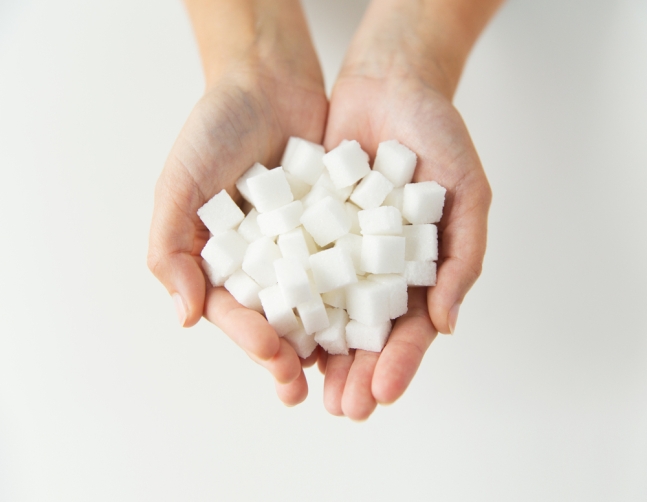
Changes in the body after quitting sugar for a month
2024.07.27 14:18
Views Likes Scraps
Our house doesn't use white sugar at all.
They are being replaced with organic raw sugar or agave syrup, among other things...
Eating out or buying food from outside seems inevitable.
Sugar is added a lot to bread and snacks...
I know it's good to quit... but I think quitting is really not easy...
I try to choose products with minimal sugar content by carefully checking the ingredient list.
I'm cautious because I don't know how zero sugar will turn out... but it's not easy.
------------------------------------------

Zero sugar products without sugar are still popular. According to a survey conducted last year by the Korea Consumer Agency on consumer purchasing behavior and perceptions related to zero products, 72% of consumers purchased zero products instead of regular foods. Does reducing sugar intake make you healthier? British professional nutritionist Nicola Ludlam-Lea shared on Fox News the changes that occur after quitting sugar for more than 30 days.
Excluding sugar from the diet improves cognitive function. Ruddlam Rain, a nutritionist, said, "Sugar causes a rapid increase in blood sugar levels, and when the elevated blood sugar drops again due to insulin, fatigue increases and concentration decreases," and "reducing sugar intake can help maintain a steady energy level, reducing fatigue and having a clarifying effect on the mind."
Cutting out sugar can lead to weight loss. Typically, foods containing sugar are high in calories. The calorie content of sugar is approximately 39 kcal per gram, which is quite high. Sugar is usually added in the following amounts: 41g (10 teaspoons) in a can of cola, 18g (4.5 teaspoons) in a cupcake, one teaspoon of sugar per tablespoon of ketchup, and a quarter teaspoon of sugar in a slice of white bread. Excessive calorie intake from sugar is stored as fat, leading to weight gain. Conversely, reducing sugar intake can result in weight loss.
Sugar serves as food for bacteria in the mouth, leading to cavities. Its high adhesiveness causes it to stick to the surface of teeth, increasing the likelihood of enamel erosion. Avoiding sugar intake helps improve dental health. Reducing sugar consumption also decreases inflammatory responses in the body, resulting in fewer blemishes such as acne and an improvement in skin texture.
If you want to reduce your sugar intake, you should develop the habit of checking the nutrition facts label attached to food products when choosing items. In addition to sugar, terms such as ▲corn syrup ▲corn sweetener ▲fruit juice concentrate ▲high-fructose corn syrup ▲malt syrup ▲maltose ▲glucose ▲sucrose also indicate added sugars. It is advisable to avoid products containing sugar as much as possible and to increase the consumption of unprocessed natural foods such as vegetables, fruits, and whole grains. The sugars found in natural foods contain vitamins, fiber, and other nutrients, which provide sweetness while preventing rapid spikes in blood sugar.
Nutrients such as protein and fiber help maintain a feeling of fullness for a longer period and stabilize blood sugar levels, reducing cravings for sweetness. Adequate hydration is also important. Sometimes, our bodies mistake thirst for a craving for sweetness. It is advisable to stick to the recommended daily water intake of 1.6 to 2 liters.
Cognitive function enhancement
Weight loss
Improvement of skin and dental health
To reduce sugar
Nutrients such as protein and fiber help maintain a feeling of fullness for a longer period and stabilize blood sugar levels, reducing cravings for sweetness. Adequate hydration is also important. Sometimes, our bodies mistake thirst for a craving for sweetness. It is advisable to stick to the recommended daily water intake of 1.6 to 2 liters.
0
0
Comments 3